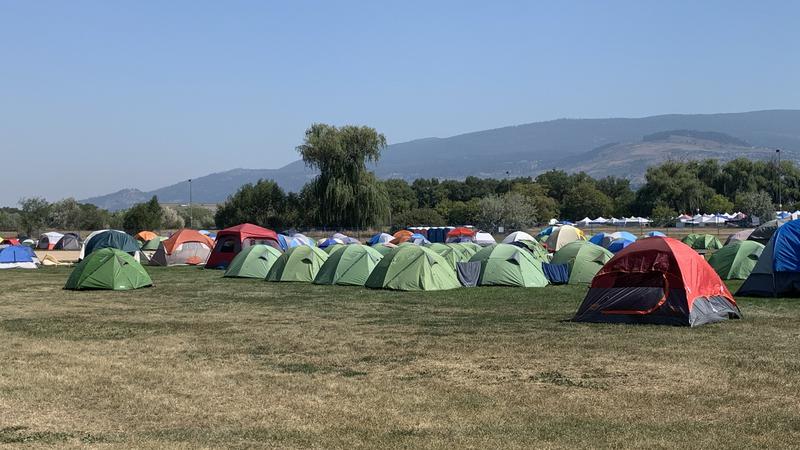
Out of province firefighters join members working at the White Rock Lake fire
The B.C. Wildfire Service (BCWS) is bolstering its ranks with firefighters from out of province, including a number who will join the ranks working at the White Rock Lake wildfire.
Todd Nessman, Manager of Fire Operations with the BCWS, stated during the Thursday provincial fire update that 153 firefighters from Quebec and 45 more from the Yukon arrived in B.C. this week. There were also Incident Management Teams (IMT) from Parks Canada, Alberta and the Northwest Territories brought to B.C. to support firefighting efforts.
Taylor Colman, a Fire Information Officer for BCWS, confirmed with Vernon Matters that some of the new personnel will be stationed in Vernon to help with firefighting efforts at the White Rock Lake wildfire.
“We’ve got four 20-person crews from Quebec heading to the White Rock Lake fire, so 80 firefighters total. They’re getting oriented with the incident [Thursday] and then hopefully getting on the line [Friday],” said Colman.


